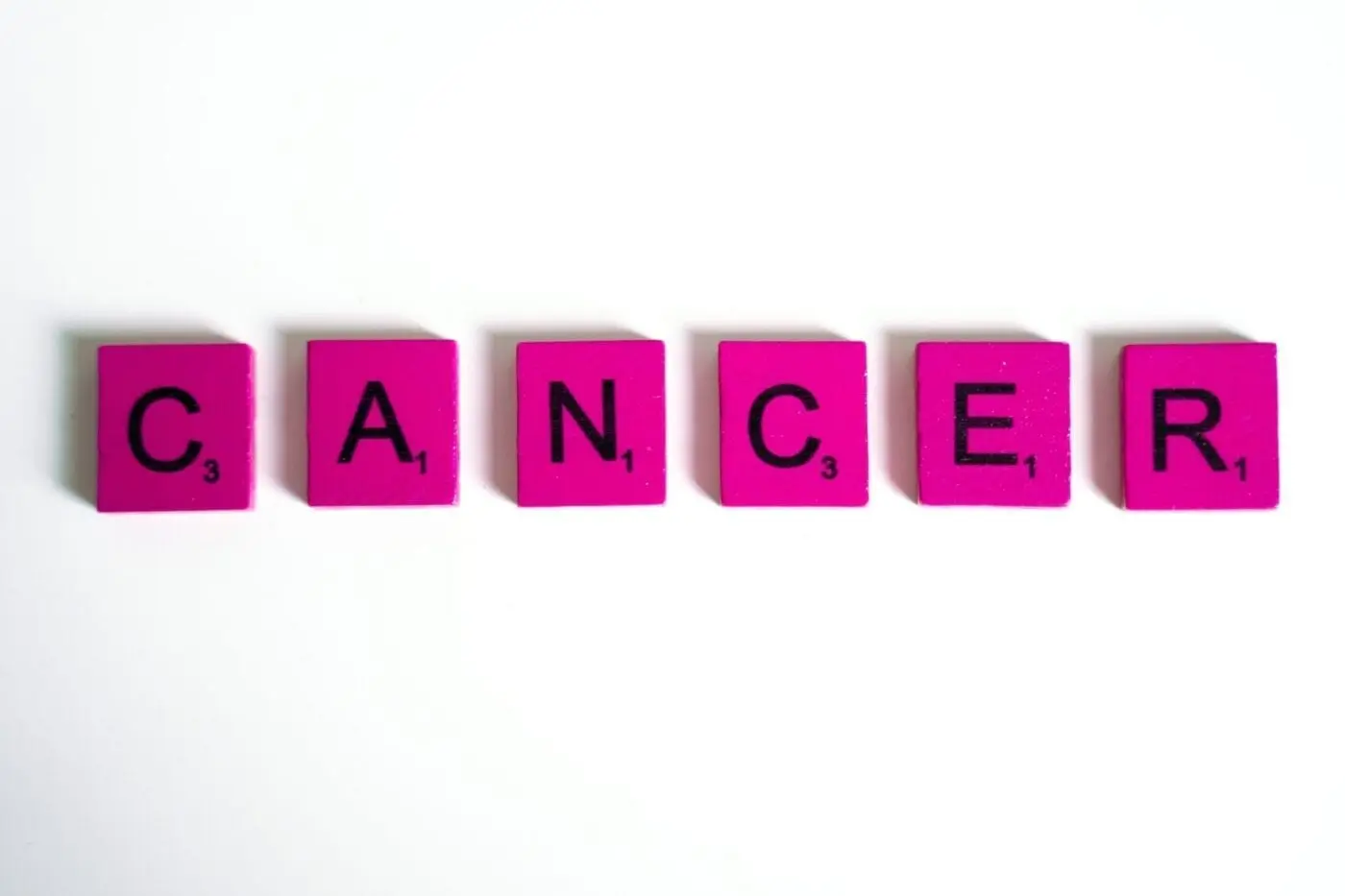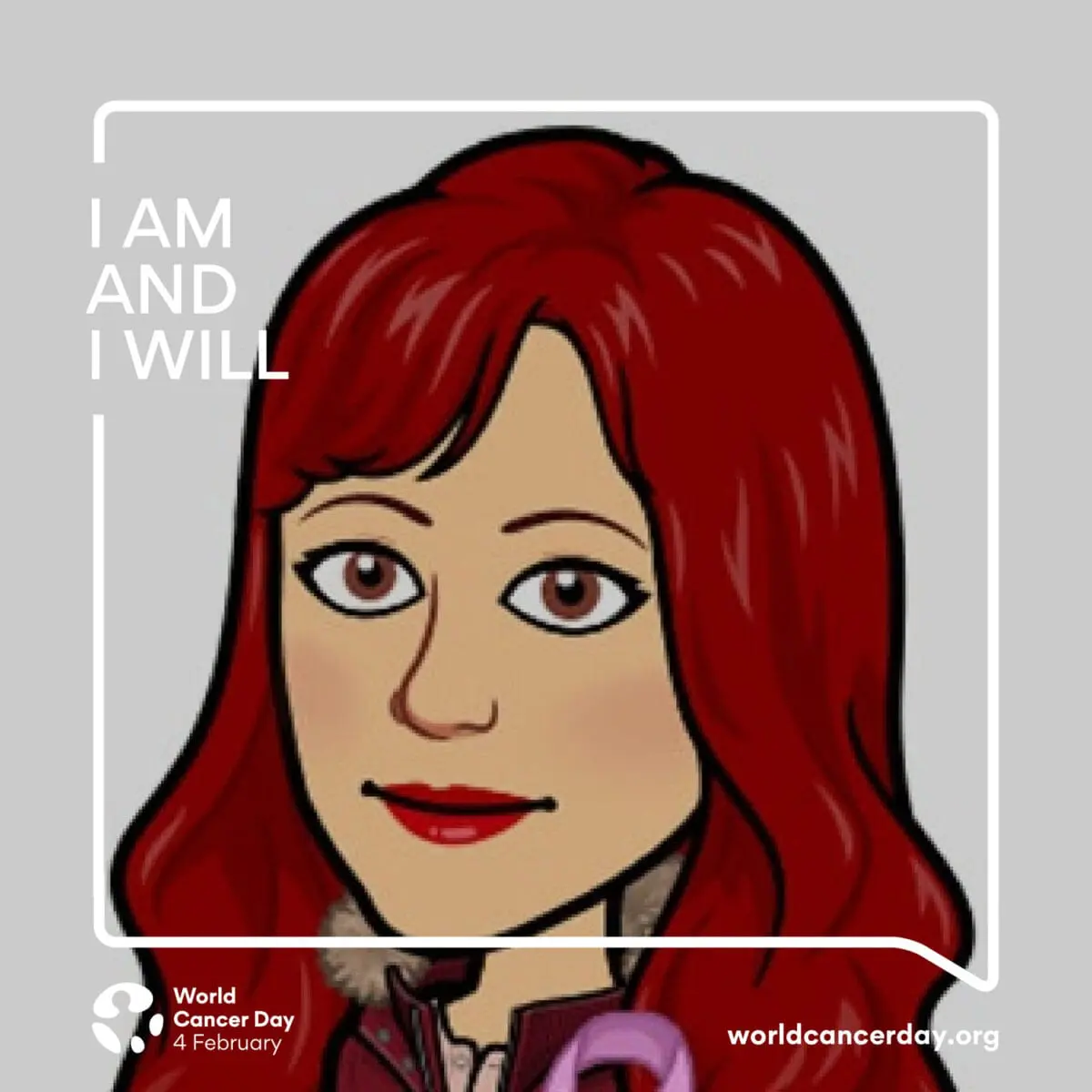
World Cancer Day – I am and I will
World Cancer Day is one singular initiative under which the entire world can unite together in the fight against cancer. The theme for World Cancer Day 2021 is Together, all our actions matter.
World Cancer Day resonates more closely with me this year as my mother has cancer.
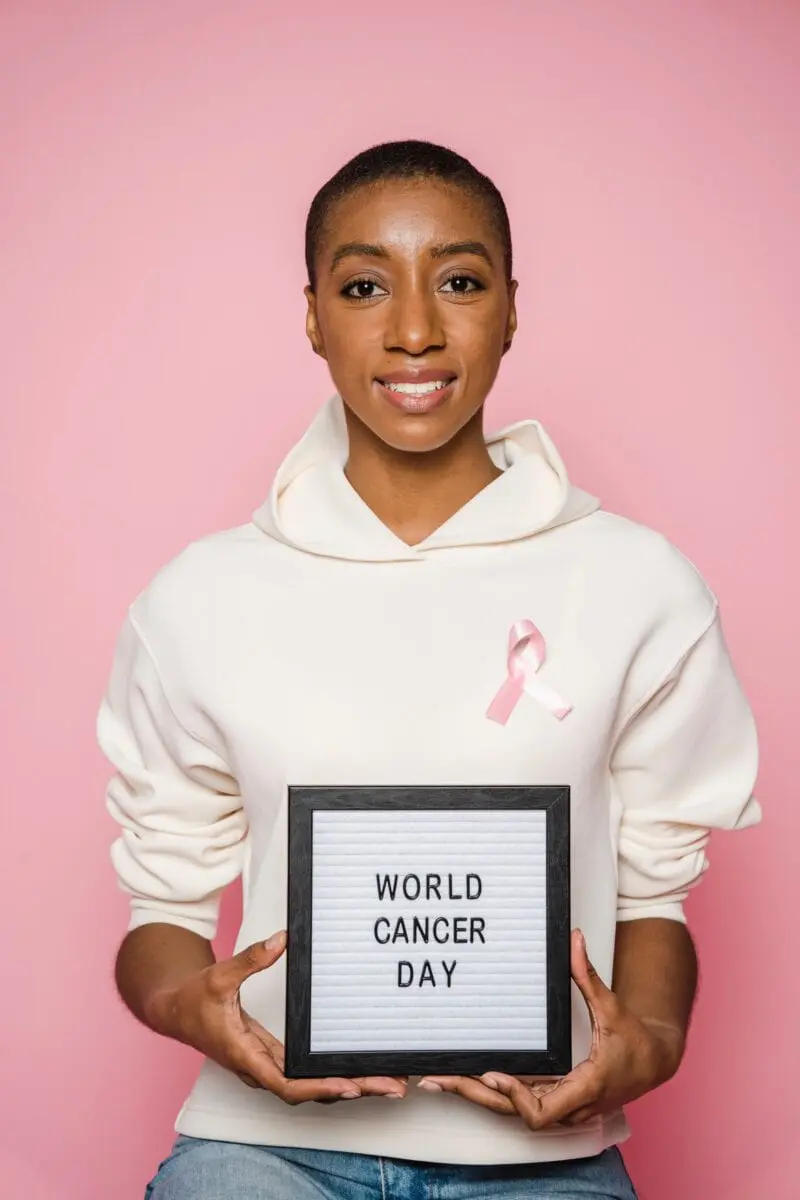
What is cancer?
- 10 million people die from cancer every year.
- At least one-third of common cancers are preventable.
- Cancer is the second-leading cause of death worldwide.
- Up to 3.7 million lives could be saved annually by prevention, early detection and treatment.
Cancer is a disease which occurs when changes in a group of normal cells within the body lead to uncontrolled, abnormal growth forming a lump called a tumour; this is true of all cancers except leukaemia (cancer of the blood). If left untreated, tumours can grow and spread into the surrounding normal tissue or other body parts via the bloodstream and lymphatic systems. They can affect the digestive, nervous and circulatory systems or release hormones that may affect body function.
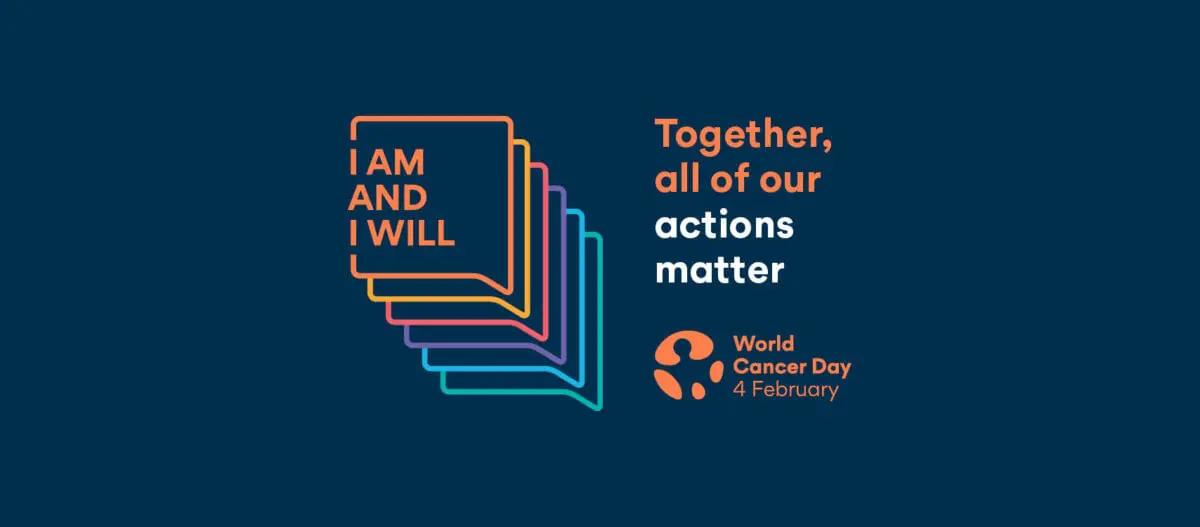
Cancer tumours are: benign, malignant or precancerous
Benign tumours are not cancerous and rarely threaten life. They tend to grow quite slowly, do not spread to other parts of the body and are usually made up of cells similar to normal or healthy cells. They will only cause a problem if they grow very large, become uncomfortable or press on other organs.
Malignant tumours are faster growing than benign tumours and can spread and destroy neighbouring tissue. Cells of malignant tumours can break off from the main (primary) tumour and spread to other body parts through a process known as metastasis. They continue to divide and grow after invading healthy tissue at the new site. These secondary sites are known as metastases, referred to as metastatic cancer.
Precancerous (or premalignant) describes the condition involving abnormal cells which may (or is likely to) develop into cancer.
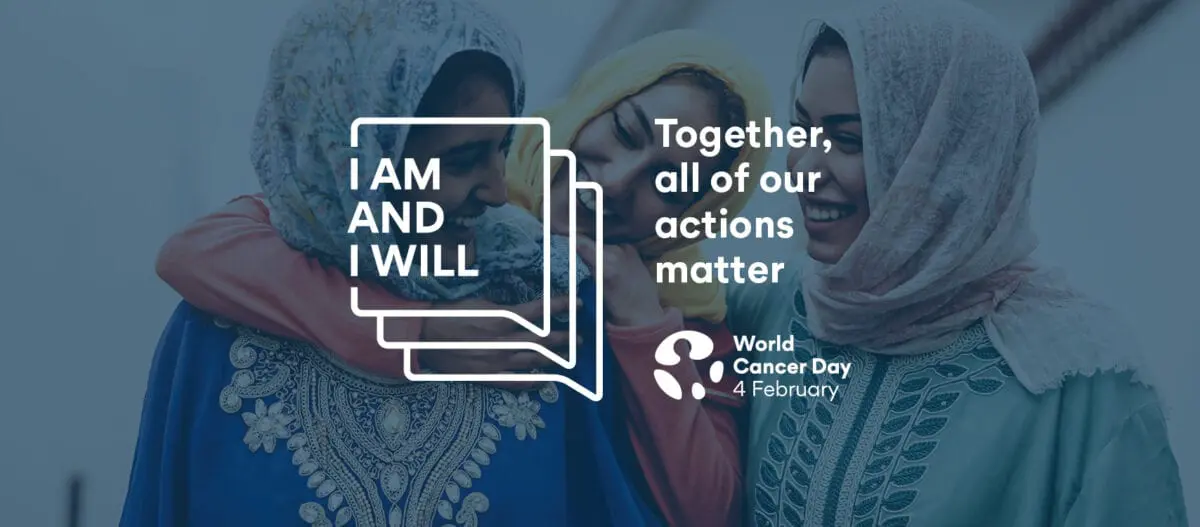
Types of cancers
Cancer can be classified according to the type of cell they start from.
There are five main types:
Carcinoma – Cancer that arises from the epithelial cells (the lining of cells that helps protect or enclose organs). Carcinomas may invade the surrounding tissues and organs and metastasise to the lymph nodes and other body areas. The most common forms of cancer in this group are breast, prostate, lung and colon cancer
Sarcoma – A malignant tumour of the bone or soft tissue (fat, muscle, blood vessels, nerves and other connective tissues that support and surround organs). The most common forms of sarcoma are leiomyosarcoma, liposarcoma and osteosarcoma
Lymphoma and Myeloma – Lymphoma and Myeloma are cancers that begin in the cells of the immune system. Lymphoma is a cancer of the lymphatic system which runs through the body and can occur anywhere. Myeloma (or multiple myeloma) starts in the plasma cells, a type of white blood cell that produces antibodies to help fight infection.
Leukaemia – Leukaemia is a cancer of the white blood cells and bone marrow, the tissue that forms blood cells.
Brain and spinal cord cancers – are known as central nervous system cancers. Some are benign while others can grow and spread.

Important ways to care for yourself:
For anyone shielding like me, it can be an isolating experience. If you are unable to leave the house because you high risk. It’s important to take care of yourself throughout this experience, even more so now. Cancer may affect you physically but don’t underestimate the emotional side. You
Diet and Nutrition:
Nutrition is incredibly important. More fruits and vegetables, less processed foods. However, if you or a loved one is suffering from cancer, it’s important to check your medication and ask for expert advice. My mum can’t eat grapefruit!
It’s important not to drink when taking cancer treatment. It might seem obvious, but your body needs as much nourishment as possible, and alcohol depletes the nutrients you need right now.
Combine exercise & rest:
Try and get some exercise, and outside if you can. Your body needs to keep active to process foods and keep the strength in your muscles. Also, listen to your body. Rest and take afternoon naps if you need to. Your body needs the energy to fight.
Reach out for support:
Cancer is scary for everyone. As a cancer patient, it’s okay to feel angry, upset, and resentful. For those who care for someone, it is also a scary time when you watch someone you care for dearly go through a traumatic experience. With this lockdown, many of us can’t be with loved ones, which makes this experience so difficult. Try to be there for someone going through this, and as a carer, reach out for support from both families and professionals.
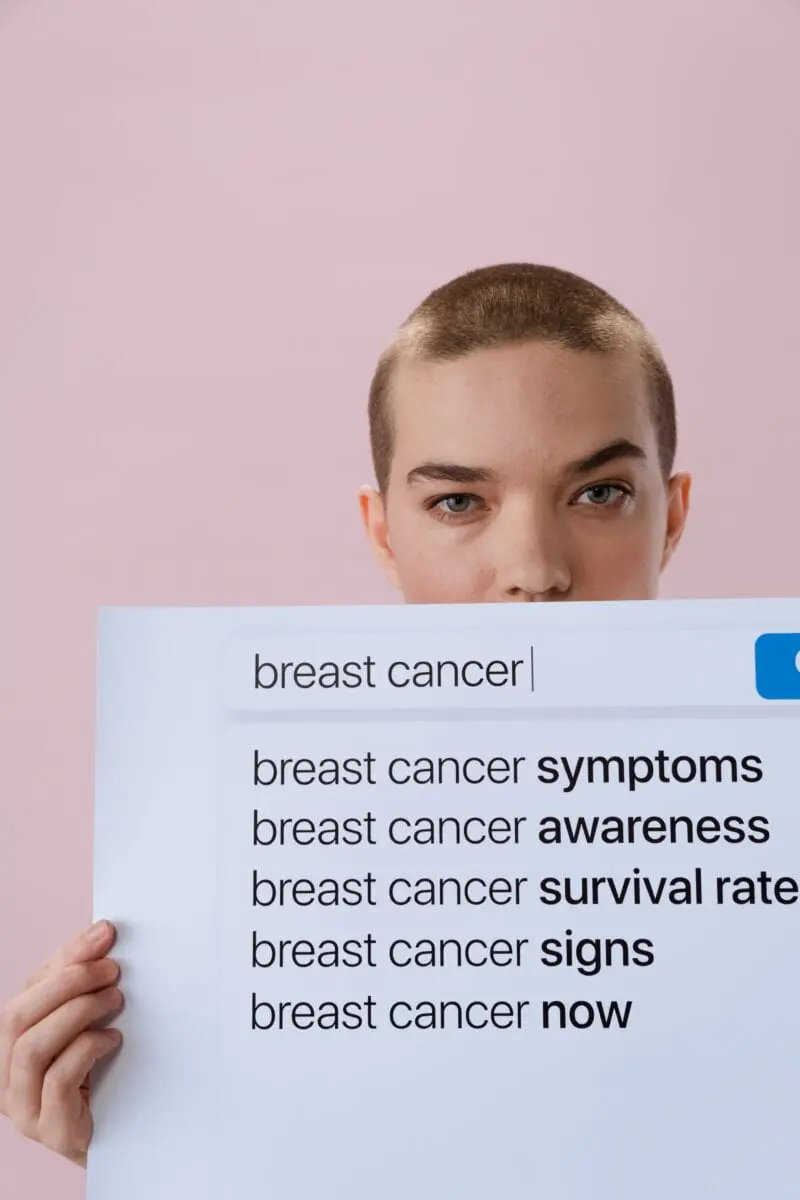
Signs and symptoms of cancer
It’s important to check any symptoms with your Doctor. You can arrange for a phone appointment or video call during the lockdown. It’s important not to leave any symptoms unchecked. My mother didn’t feel unwell but noticed lumps in her neck, and by the time she was diagnosed, she was told she had Stage 3 Lymphoma.
Unusual lumps or swelling – cancerous lumps are often painless and may increase in size as cancer progresses
Coughing, breathlessness or difficulty swallowing – be aware of persistent coughing episodes, breathlessness or difficulty swallowing
Changes in bowel habit – such as constipation and diarrhoea and/or blood found in the stools
Unexpected bleeding – includes bleeding from the vagina, anal passage, or blood found in stools, in urine or when coughing
Unexplained weight loss – a large amount of unexplained and unintentional weight loss over a short period of time (a couple of months)
Fatigue shows itself as extreme tiredness and a severe lack of energy. If fatigue is due to cancer, individuals normally also have other symptoms
Pain or ache – includes unexplained or ongoing pain or pain that comes and goes
A new mole or changes to a mole – look for changes in size, shape, or colour and if it becomes crusty or bleeds or oozes
Complications with urinating – include needing to urinate urgently, more frequently, being unable to go when you need to or experiencing pain while urinating
Unusual breast changes – look for changes in size, shape or feel, skin changes and pain
Appetite loss – feeling less hungry than usual for a prolonged period of time
A sore or ulcer that won’t heal – including a spot, sore wound or mouth ulcer
Heartburn or indigestion – persistent or painful heartburn or indigestion
Heavy night sweats – be aware of very heavy, drenching night sweats
Information has been sourced by World Cancer Day.
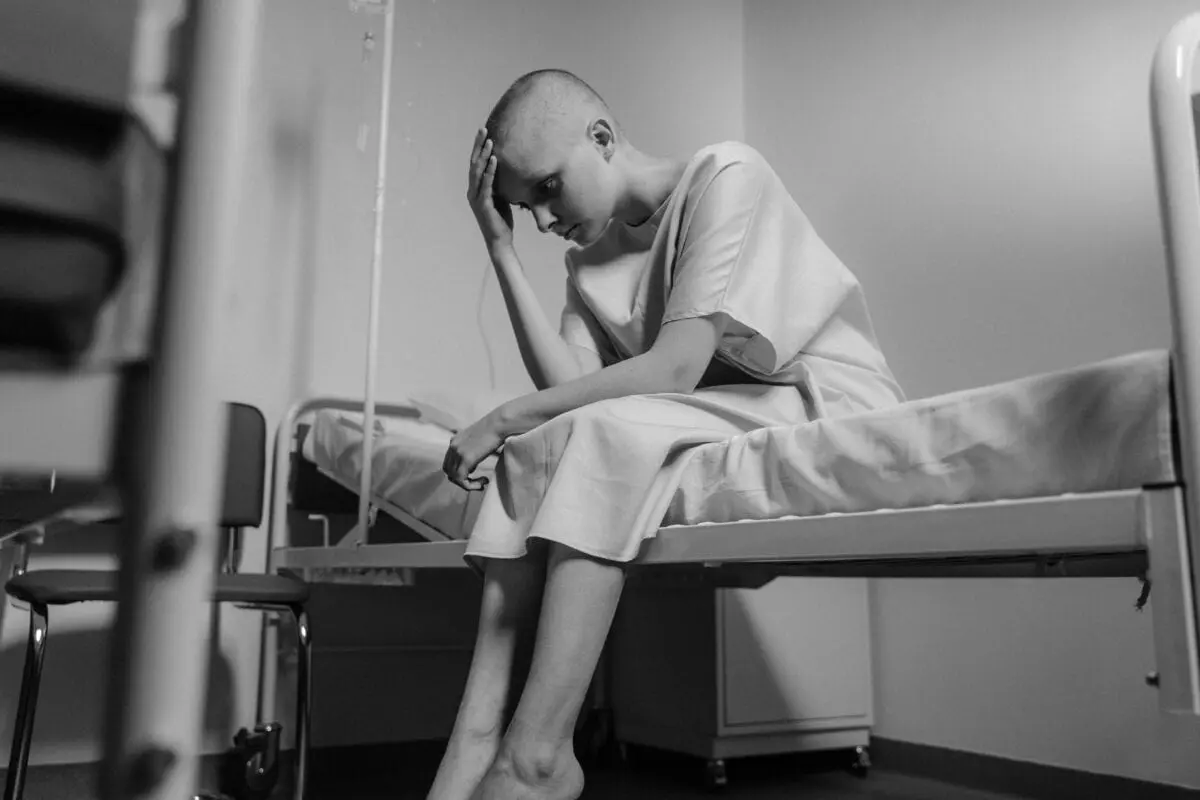
Adaptations and innovations in cancer care through COVID-19 and beyond
On World Cancer Day, UICC shines a light on the heroic responses to the pandemic by cancer organisations and individuals worldwide struggling to maintain progress in cancer care.
Geneva, Switzerland. Official Press Release
Marking World Cancer Day on 4th February, the Union for International Cancer Control (UICC) gives voice and says thank you to the nurses, doctors, researchers, volunteers, advocates and other caregivers in oncology from around the world, as well as government agencies, who have worked these past 12 months through the COVID-19 pandemic.
The World Cancer Day theme “I Am and I Will” encapsulates their extraordinary spirit and the strength of the cancer community. Their stories captured throughout the past year are showcased on World Cancer Day in testimonies and articles on a dedicated page of the official website. These stories highlight that while the pandemic is threatening progress in the fight against cancer, it has also created the opportunity to address systemic weaknesses in many national health systems.
Dr Cary Adams, CEO of UICC said: “COVID-19 has impacted cancer control globally and the response by the cancer community has been extraordinary, heroic even. This year, more than ever, it is appropriate that we celebrate their achievements on World Cancer Day. Let us all aim in 2021 to refocus our collective efforts on the long-term challenges that cancer poses to every country in the world. We must prevent more, diagnose earlier and ensure that all people with cancer have access to the quality treatment they need.”
World Cancer Day 2021 is dedicated to the courage and achievements of people living with cancer and their families, as well as the nurses, doctors, researchers, volunteers, advocates and others who care for them and work on their behalf – and calls for everyone in helping to save lives from this disease.

